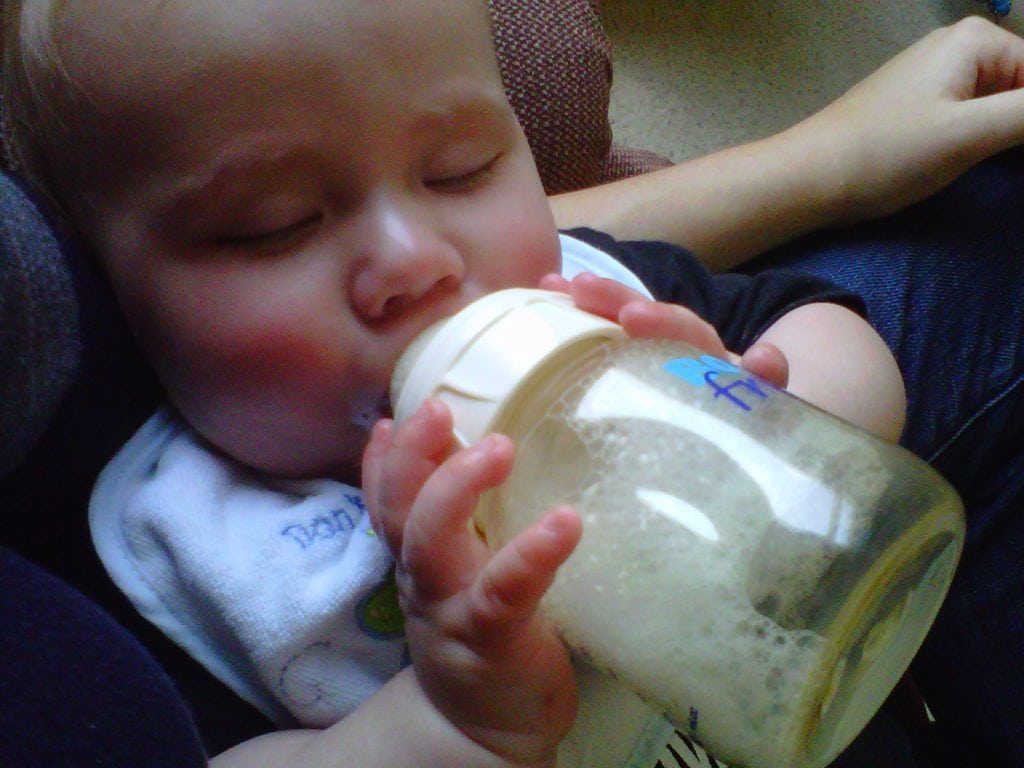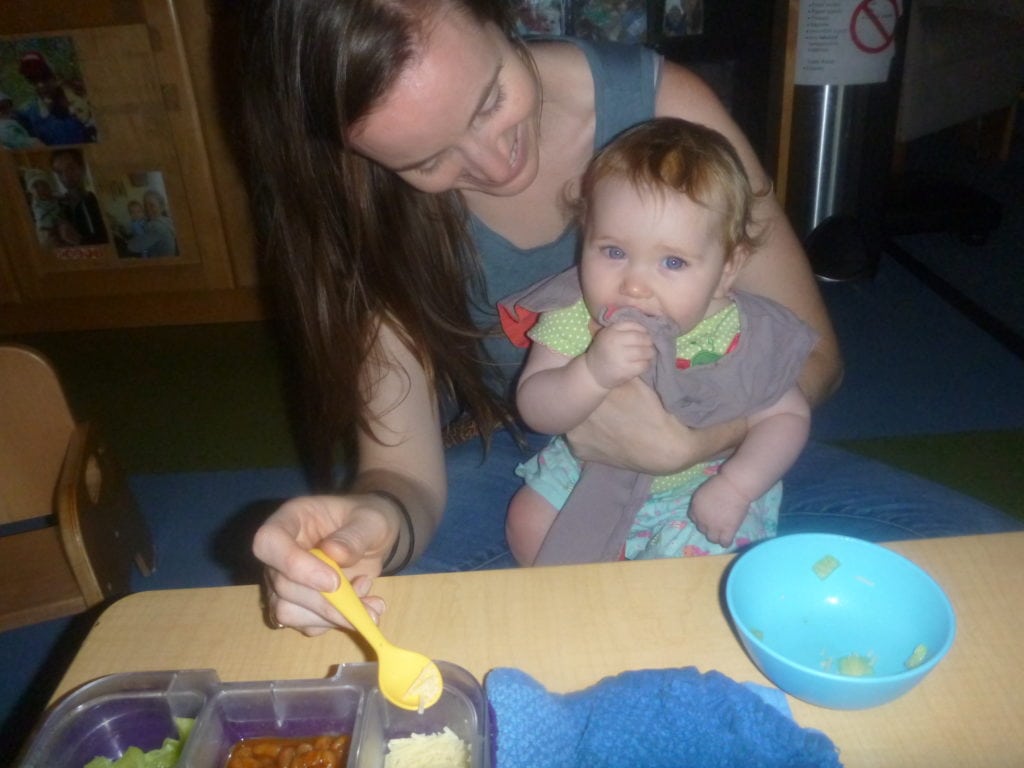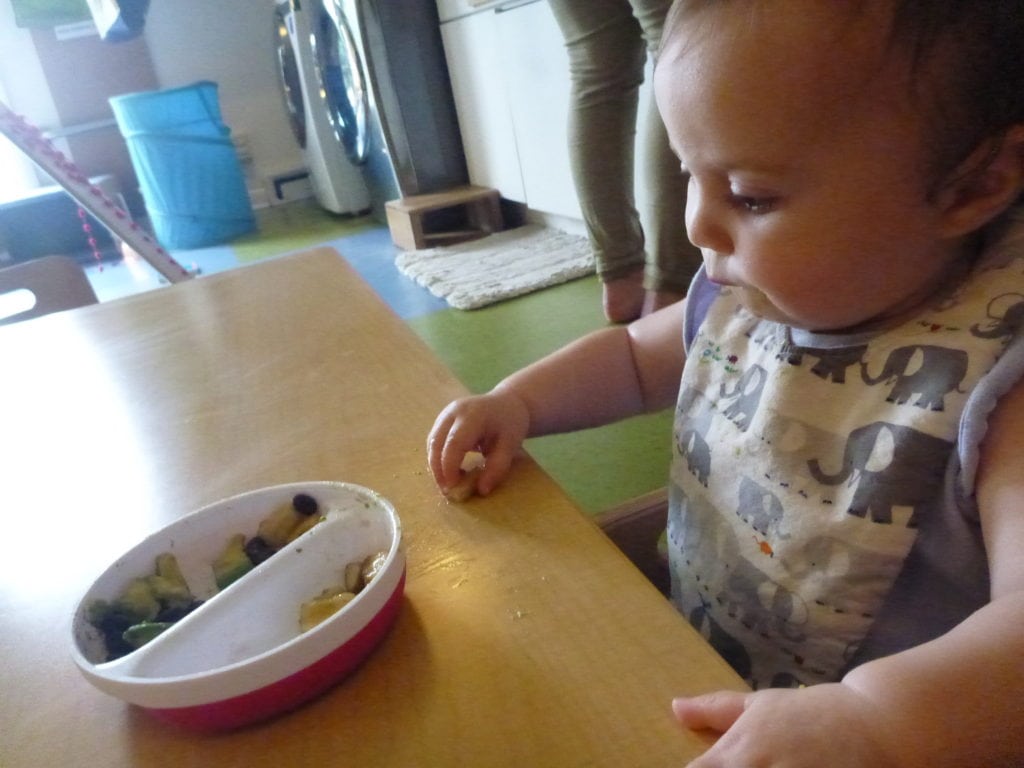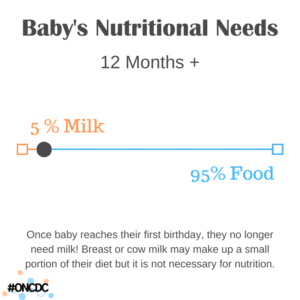Healthy Eating
Reflecting on Your View of Healthy Eating
Learning good food practices is a big part of the early years. This can easily be a challenging aspect of caregivers' work. There is often tension around healthy eating because of cultural norms around food and the health needs food meets.

How do you manage your own habits as an adult? Do you use food as a reward, emotional comfort item, or a cultural ritual? Do you diet or over-indulge frequently?

What do you believe about food? Is there a food philosophy around carbs, fat, sugar, or protein that impacts your perception of foods?

How does your family experience shape your view of food? What impact does society, history, or the media play in your perception of what health food is, how much one should eat, and when one should eat?
We encourage children to eat; we do not ever withhold food to manipulate or punish children. Some days, children will be hungier, and other days, they will eat less. We want to support children to listen to their bodies while helping them learn to eat during meals and play during play.
Guide Children's Healthy Eating Habits
Within our trust for children, we must recognize their immature decision-making and own our responsibilities for supporting healthy eating. Children need our guidance in two crucial ways: designing an environment for healthy eating, thus creating a context for their learning, and coaching them to learn about food, nutrition, and their body. Caregivers play a crucial role in meeting children's needs for nutrition.




